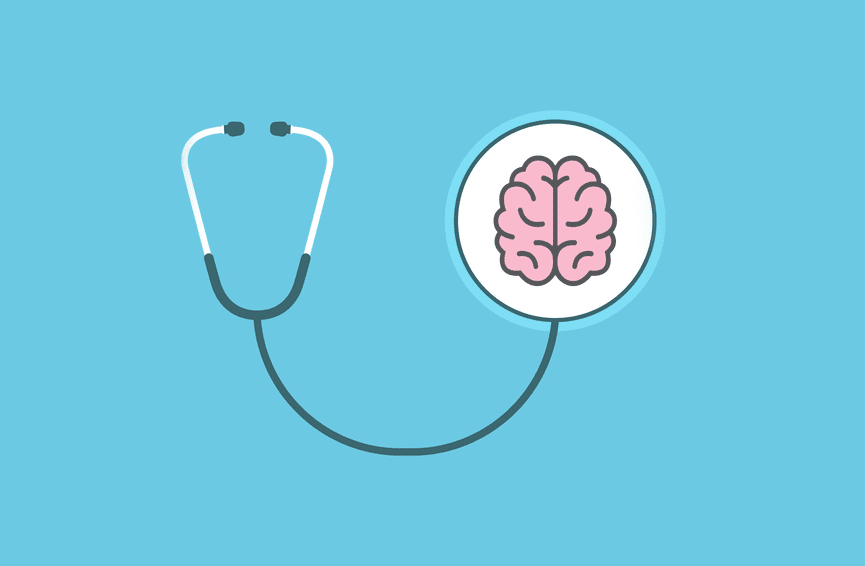Highlights | Mental health awareness
- While 25% of adults have a diagnosed mental illness, seeking mental health treatment is still stigmatized.
- Healthcare workers should feel secure in seeking help for their mental health without feeling they’re being selfish for focusing care on themselves.
- Connecting with loved ones, making plans, exercising and creating boundaries can be ways to care for your mental health.
- Don’t wait until your symptoms are severe to get help.
Oct. 10 is World Mental Health Day. Today, and every day, it’s important to keep your mental health top of mind.
Mental health is an essential part of overall health and is often intertwined with our physical health. Depression, for example, increases the risk for many types of physical health issues; similarly, physical illness, like chronic conditions for example, can increase the risk for mental illness. When it comes to caring for your overall health, mental health should be part of that conversation.
Why it’s important (and challenging) to care for your mental health
One in five adults live with a type of mental illness, with only about half of those people seeking treatment for their symptoms.
This statistic isn’t surprising to Dipti Chrastka, director of wellness for Graduate Medical Education at UW Medicine. There are many reasons that people don’t ask for help, including time, money, stigma, and more. A barrier that she sees often for healthcare workers is feeling selfish in caring for their needs, especially while delivering important care to others. Being in any support role as a parent, caretaker, partner or friend can make us feel like that, too.
Especially for those in the business of helping others, caring for your mental health can be difficult, but prioritizing your mental health doesn’t make you selfish. It can lead to you feeling better — and being your best self again.
Ways to prioritize your mental health
There are options from therapy to support groups or other community services. There are also resources for residents and fellows, UW Medicine faculty and the UW Medicine Employee Mental Health Support Program Intake, which connects UW Medicine employees to mental health services. As well as counseling through the UW Employee Assistance Program.
Chrastka shares tips on how she prioritizes her mental health in — and out — of the workplace and home.
Define your workplace
“I have a specific workspace that’s not in my bedroom, and I have set firm boundaries around starting and ending times, working on vacation, limiting work outside work hours, and taking breaks during the workday,” says Chrastka.
Try creating daily routines, take breaks when you can and care for your body (e.g., don’t forget to eat or drink water).
Connect with your loved ones
“I take daily walks with my husband, have regular phone conversations and video calls with my children and close family, spend time with friends and have puppy playtime with my dog, Kobe,” says Chrastka.
Think about what connection looks like for you. Do you like taking walks with your colleagues? Do you need to schedule a fun weekend with friends? Try to take a moment to connect with others — connection is the antidote to isolation.
Make plans
“I look for small joys each day and don’t rely on big events or vacations to fill my cup,” says Chrastka.
These fun plans could be anything from a park visit to a favorite restaurant or window shopping in your favorite neighborhood.
Get active
“Staying physically active while doing something I enjoy is an important part of my wellness,” says Chrastka. “I play competitive table tennis twice a week and look forward to the fun games, camaraderie, and doing some outside-the-home activity.”
Seek help early
If you experience mental health challenges, reach out for support. If your symptoms are interfering with your life, your work or your overall health and happiness, reach out to a therapist or your doctor.
Finally, don’t hide how you’re feeling. Tell your friends, family, or manager that you need some extra support. Take care of yourself — so you can best care for others.



